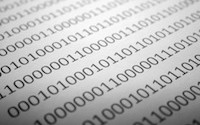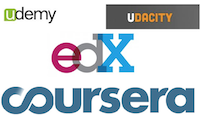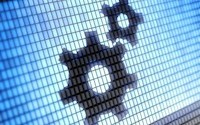
Factors Influencing Faculty Participation & Retention In Online & Blended Education
Faculty members play a central role in the development, implementation, and long-term sustainability of online and blended education programs. Therefore, faculty recruitment and retention strategies for these programs must align with the needs of the faculty. This article highlights the results of an institutional study conducted at a public comprehensive university in 2012 that examined […]















